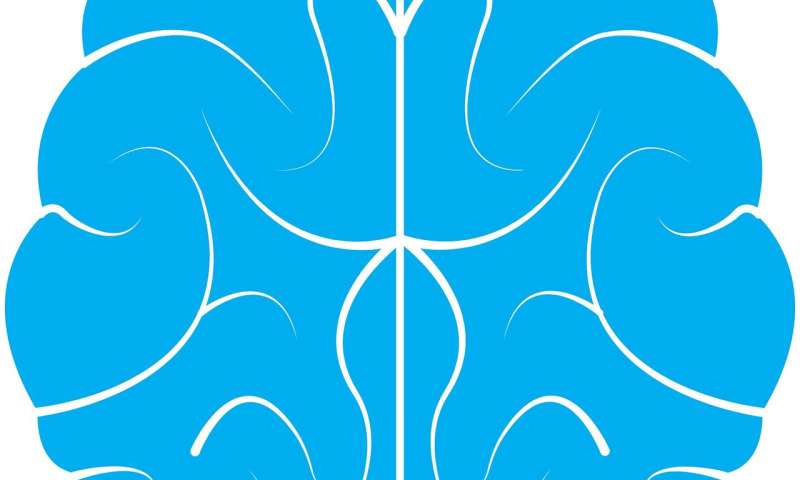Best of Last Week – Translating brain waves into speech, the changing universe and alcohol's impact on DNA

It was a big week for technology science as a team of engineers at Columbia University translated brain signals directly into speech. The group was able to reconstruct words and run them through a speech synthesizer—a scientific first. Also, Saule Technologies, headed by Olga Malinkiewicz, announced that "inkjet" solar panels are poised to revolutionize green energy—they developed a novel inkjet processing method for perovskites that makes it possible to manufacture solar panels at lower temperatures. And a combined team of researchers from the University of Pennsylvania, the University of Illinois and the University of Cambridge announced that they had created "metallic wood" with the strength of titanium and the density of water.
It's a sheet made of nickel with nanopores that is just as strong as regular titanium, but five times lighter. Also, a team of engineers at Columbia University reported that they came a step closer to building self-aware machines. They built a robot that could imagine itself. It learns from scratch, and over time, develops a self-simulation. And a team at MIT reported that they were converting Wi-Fi signals to electricity with new 2-D materials to build new kinds of "rectennas." The team has a goal of freeing smartphone users from constantly recharging their equipment. Also, a team at Berkeley announced the development of a new 3-D printer that shapes objects with rays of light. They have named it the "replicator" after the device on Star Trek, and claim it can produce objects that are smoother and more complex than those made with standard 3-D printers.
In other news, The Ohio State University's Jennifer Johnson made headlines when she published a paper claiming that the "stuff" of the universe keeps changing—offering a nucleosynthesis of the elements over the course of billions of years. Also, a team at the University of Birmingham found that more people die after surgery than from HIV, TB and malaria combined. And a team from the University of Wisconsin and Washington University uncovered the genes behind lager yeast's cold and sugar-loving success—a hybrid of domesticated baker's yeast and a wild species.
And finally, if you have bouts of heavy drinking, you may want to rethink how you imbibe, as a team led by a group at Rutgers University found that heavy drinking may change DNA, leading to increased cravings for alcohol.
© 2019 Science X Network